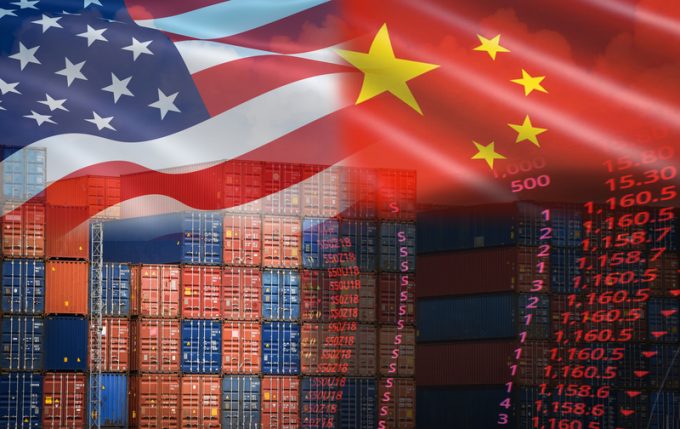Transpacific sees first major MSC blanks as rates fall and volumes falter
Following nine weeks of consecutive declines in spot freight rates on the transpacific, carriers are ...

Ocean carriers are offering significant discounts on Asia exports to the US and Europe as the traditional slack season kicks in.
The discounting and waiving of premium fees for late November and December shipments caused a mini-collapse in container spot rates this week.
According to the Freightos Baltic Exchange (FBX), spot rates from Asia to the US west coast slumped by 26% in the past week, to $13,924 per 40ft, and by 20% for east coast ports. to $15,865 per 40ft.
“For the ...
Volcanic disruption at Anchorage could hit transpacific airfreight operations
Macron calls for ‘suspension’ – CMA CGM's $20bn US investment in doubt
Forwarders stay cool as US 'liberation day' tariffs threaten 'global trade war'
Shippers snap up airfreight capacity to US ahead of tariff deadline
De minimis exemption on shipments from China to the US will end in May
Tighter EU import requirements proving 'a challenge' for forwarders
Looming Trump tariffs will create 'a bureaucratic monster' for Customs

Comment on this article